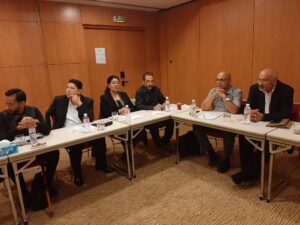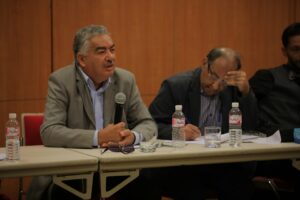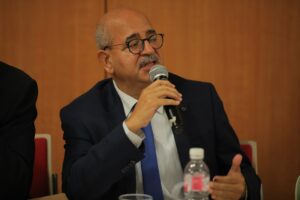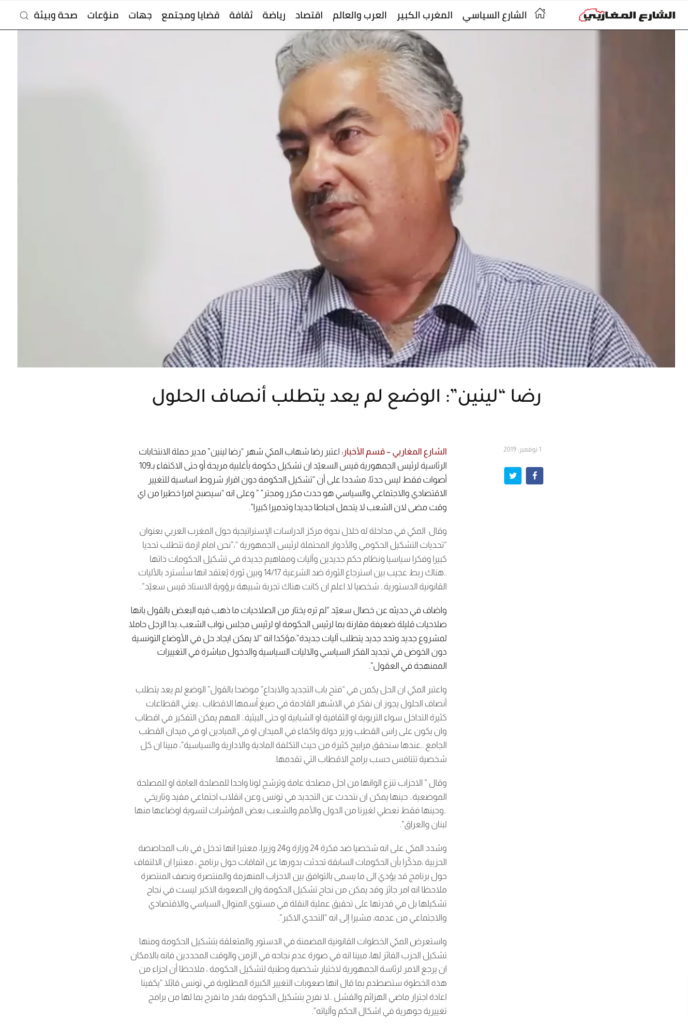seminar,October 26, 2019
After the the broad victory achieved by candidate Kais Saaied in the second round of the presidential elections, Tunisia has entered a period of political transformation marked by the expansion of popular participation in public affairs and the multiplicity of citizen initiatives. On the other hand, there seemed to be a paradox between this election and the parliamentary race held weeks ago, as it resulted in the election of a new assembly characterized by dispersion of seat distribution and difficult coalition- forming. This sharp dispersion has evidenced the problem of government formation and the difficulty of obtaining a majority required for any project led by the winning party, as several parties expressed their distance from participating in a government led by the Ennahdha Movement.
In its Article 89, the Constitution stipulates that the winning party be asked to form a government in a two- month time span. In case it fails in doing so, it is up to the President of the Republic to mandate the “most capable” person to form a government, and in case four months pass by after the first assignment without a new government formed, the Parliament would be dissolved and there would be a call for new parliamentary elections. This article certainly gives priority to the winning party in forming the government, but it also gives the President a chance to intervene and do away with any complications facing the process. These scenarios are currently discussed between those who insist on the absolute right for the winning party to form the government and the reservations of small and middle- sized parliamentary blocks on participating in it.
Parallel to this, and aside from constitutional debates, there seems to be a forthcoming competition between two legitimacies: the legitimacy of a President elected by a high percentage of voters, and that of a Parliament constantly losing its popularity over the years. The President’s large legitimacy is indeed a challenging factor to the parties who won the election as they find themselves under pressure pushing them to work in sync with the President, and do away with the previous era which witnessed an opposition between two executive institutions and projected a negative image of a political class drowning in disputes and unable to solve urgent social and economic questions.
The President of the Republic is set to deliver an oath speech on Wednesday October 23; it is supposed to inaugurate new phase in the Tunisian people’s lives, to give a strong impetus to the work of institutions, and to clarify his stands on the issue of freedoms, social organizations, and foreign policy. Observers expect that this speech will be the first step by the president to pressure the parties and the parliament, all the more so that he is compelled to assign the winning party to form the government within two days. How will the parties react to this pressure? Will the parties succeed in choosing a personality possessing the characteristics able to eliminate the reservations of other parties and form a stable government, or will the process fail and return the initiative again in two months to the President of the Republic?











